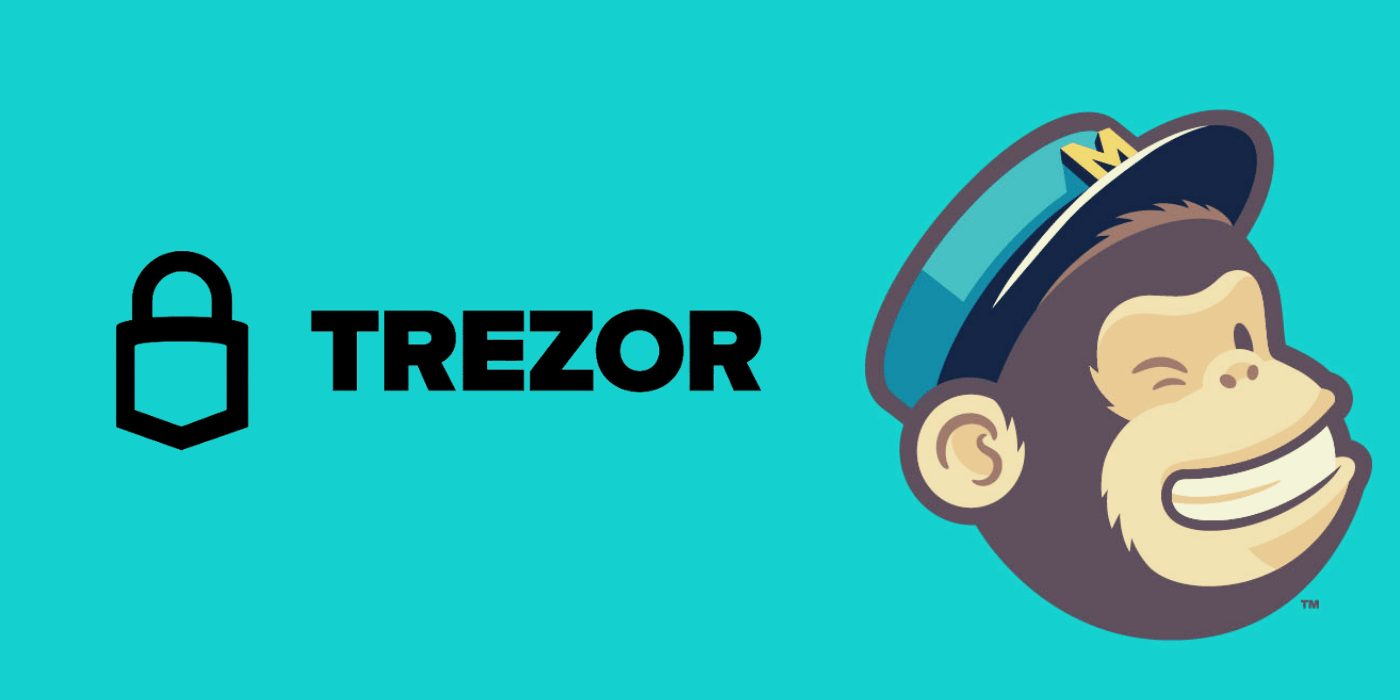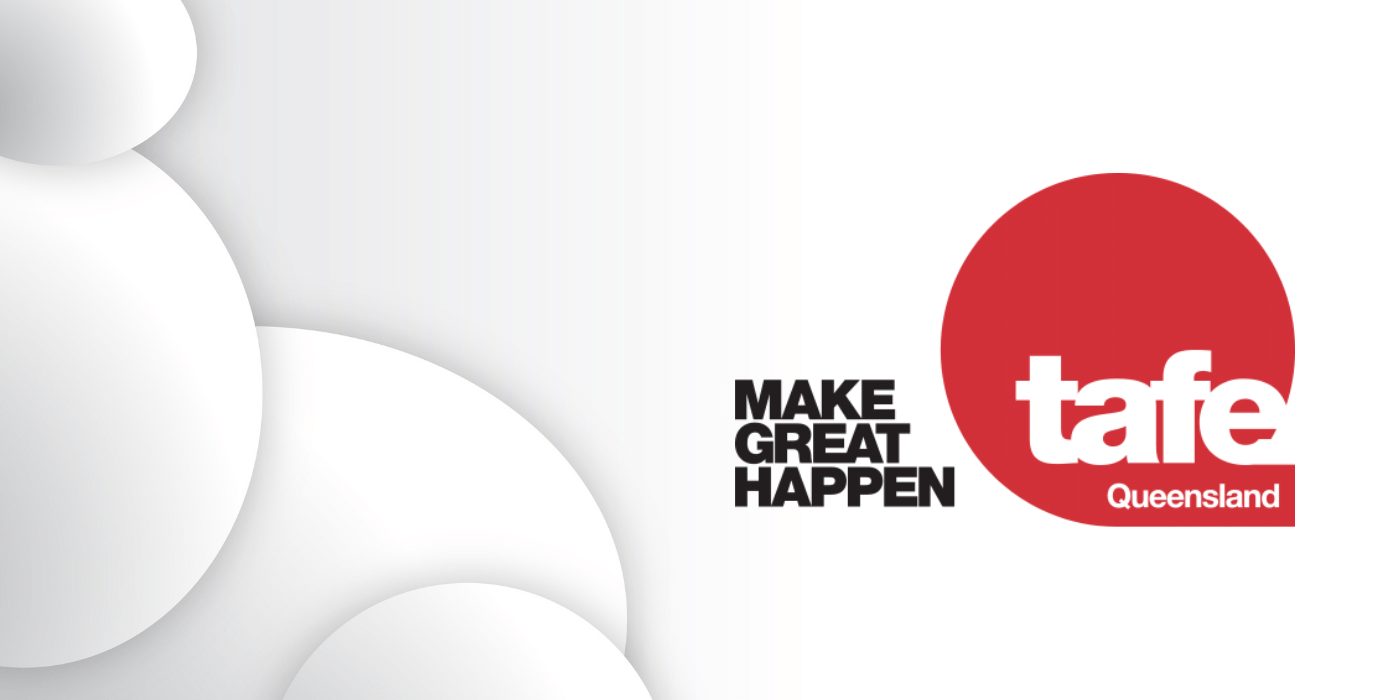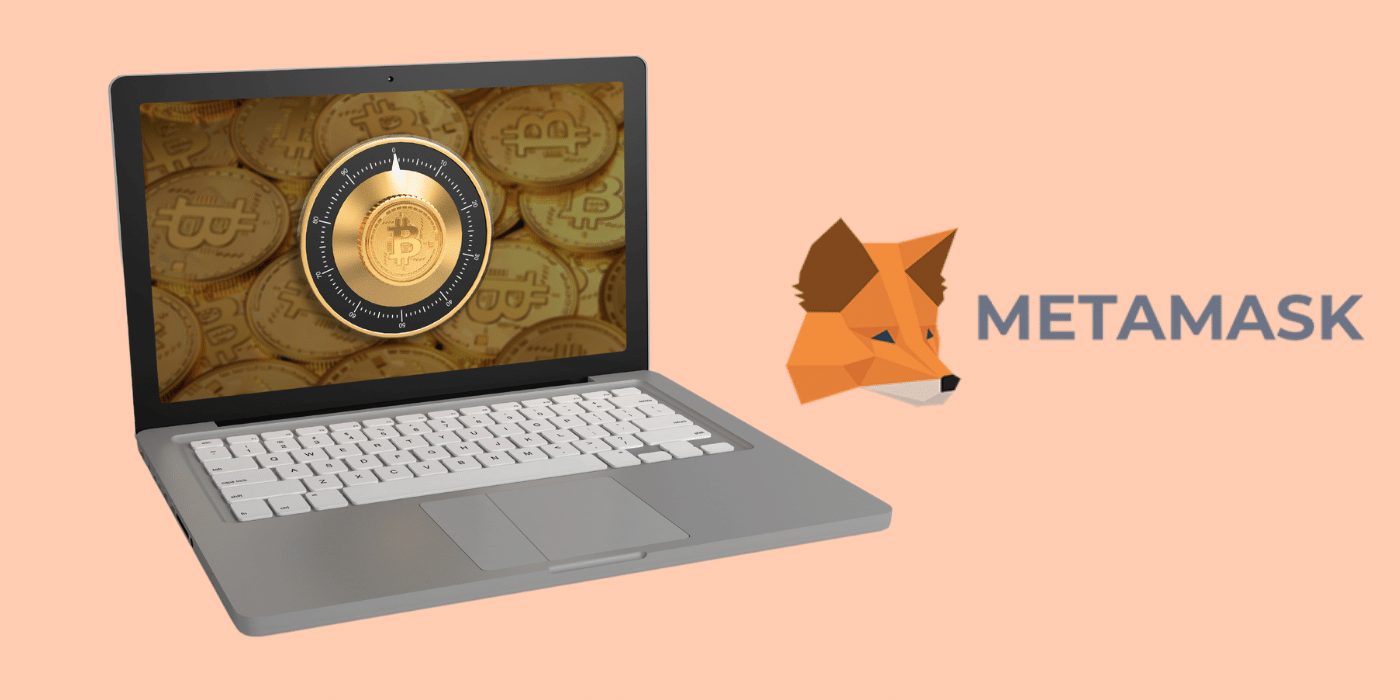Crypto has officially overtaken conventional bank transfers when it comes to investment scams, according to the Australian Competition and Consumer Commission (ACCC).
Losses to investment scams increased by 90 percent to A$103 million in less than three months this year up to March 20, with the ACCC confirming payments to scammers are most often made in crypto.
No Regulation, No Control
According to Rami Greiss, the ACCC’s executive general manager for consumer and fair trading, “Because [crypto] is an unregulated product, there are no controls. There are no institutions that can be roped in to assist.”
Greiss was also quick to point out that only 12 percent of scams are reported, and thus figures could not be taken as absolute gospel. Citing the ACCC’s current lawsuit against Meta for allegedly publishing scam advertisements featuring prominent Australian public figures without their permission, Greiss said people were falling for scams through multiple channels.
People might meet someone through a dating or friendship site and then be drawn into a crypto scam that way. So it’s really multi-channel; I don’t think there’s one particular area [where] they can target you; it’s across the board.
Rami Greiss, executive general manager for consumer and fair trading, ACCC
Investment Scams Double Year on Year
According to a 2021 report by the ACCC, 4,763 Australians lost more than A$70 million in the first half of last year with more than half of that figure attributed to crypto investment scams. That represented a 53.4 percent increase on the 3,104 scams reported in the first half of 2020.
The Australian government recently announced that it would create a crypto badge of approval to license intermediaries such as exchanges.
Digital Economy Minister Jane Hume said that the licence would include a “fit and proper person” test and could include anti-hawking measures to prevent cold calling.













